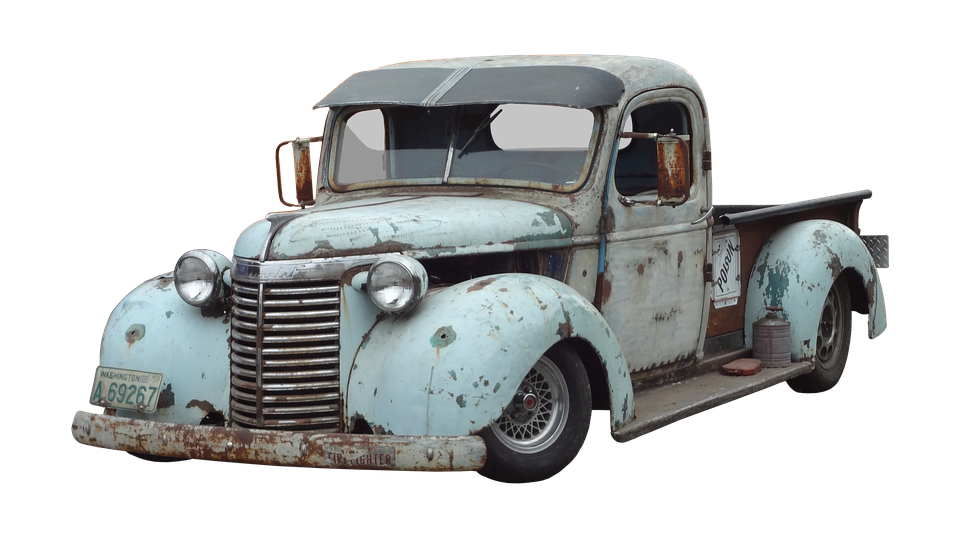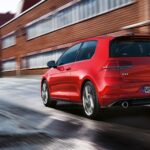The process of buying a used car can often be a difficult and time-consuming process.
Our guide, constructed by Used Car Specialist, Lee from Blackburns UK, should erase any worries you may have and help you choose the right used car, at the right price, for you.
Which Used Car Should I Buy?
The most important thing to keep in mind when buying your used car is that it is fit for purpose.
If you live in the countryside, maybe a city car won’t be ideal. If you only have a small garage, then perhaps a high-riding SUV may not be the car for you. If you need a vehicle for commuting, but you also like to get adventurous with your weekend drives, you might consider a larger car or a crossover.
You get the idea. Think about why you want a car in the first place and do some research to determine which will best suit your needs.
What Price Should I Pay for My Used Car?
The second most important consideration is the budget you are willing to spend. A major benefit of buying a used car is that they have a very reasonable price tag compared to that of brand new models.
A very common reason for not purchasing a used car that you are attracted to is high mileage. This isn’t always something to be scared about as a car with high mileage can drop the price dramatically and if it has been well maintained then it should not be a problem. Although, one thing to remind yourself of is the old cliché, if it seems too good to be true, it usually is. A car with a suspiciously low cost could be something to steer away from.
What Are the Running Costs of a Used Car?
When thinking of your budget and buying a used car, you shouldn’t just think of the initial price but also how much the running costs will set you back in the future.
You need to keep in the mind that although the initial cost of a car may be cheap, the cost to run it may be significantly more expensive than cars with a higher price. This is definitely something that you need to consider, because if you don’t, it could punish you and your wallet in the future.
While we are on the subject of running costs, road tax will definitely be another factor to bear in mind. The amount of tax you will be required to pay for your used vehicle is dependent on its engine size.
If the car has an engine smaller than 1,594cc, it will cost you £145 a year, whereas road tax on cars with engines larger than this will set you back a flat rate of £230 a year, that is, if your car was made before March 2001.
Recently, this has changed. If you purchase a car that is registered after March 2001, the amount you pay will depend on the vehicle’s CO2 emissions. Therefore, electric and hybrid cars will usually be cheaper.
Those that emit less than 100kg/km will be free to tax while cars that emit more than 255kg/km, could burn a hole as big as £500 in your wallet each year! Be sure to check this with the dealership you choose to buy your used car from.
What Should I Look for During a Test Drive?
The part of the process that usually makes or breaks the decision to purchase a car is the test drive. When test driving a used car, there are a couple of points to consider.
If possible, start the car up yourself. If the car is already started up it may be a hint that something is trying to be covered up.
You should also check to see if all four tyres are in good condition. If they are not, this could suggest that the previous driver did not keep the vehicle maintained and there could be some issues with it.
Can I Check the History of a Used Car Before Buying it?
This is something that you can definitely do, and we highly recommend. This can be done on the Gov.uk website, which has an MOT History Checker. Simply enter the car’s registration number and make, and you will find an archive of all of the car’s available MOT certificates and everything else you will need.
Do I Need a V5C Document?
There is a lot of paperwork that comes with buying a used car, the V5C document is one of them. It states the name and address of the registered keeper and lists the number of previous owners.
If the seller doesn’t provide you with a V5C, and doesn’t provide a good enough reason why, walk away from the sale.
It is also important that you complete the V5C document yourself and send it to the DVLA.
Should I Purchase My Used Car from a Private Seller or a Dealer?
The difference with going to a dealer instead of a private seller is that a used car dealer will often provide the option to finance the car that you want. If you are looking to avoid a large flat out fee, then a personal finance package could be the best option.
Something to keep in mind is that you can part exchange your current vehicle, providing you have all the required documents, with used car dealers.
If you want to part exchange and get money for your old car, or get a finance package, a used car dealer is the better choice. On the other hand, a private seller could offer a significantly lower cost price.




